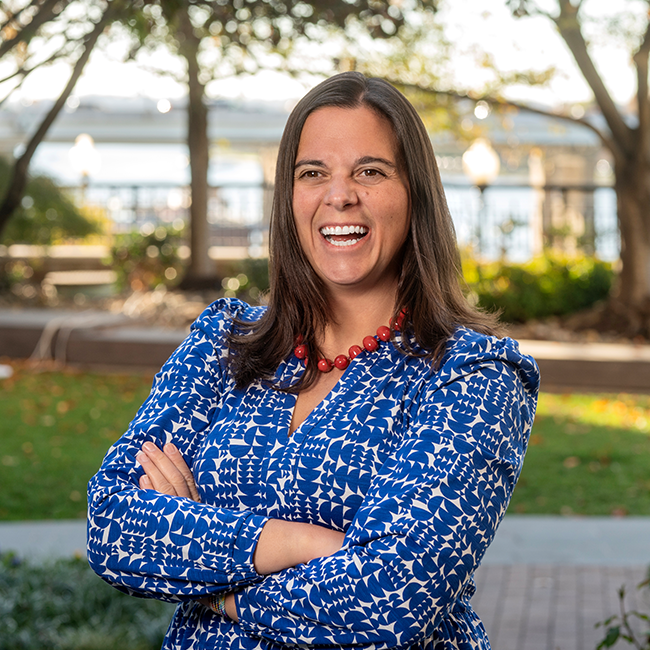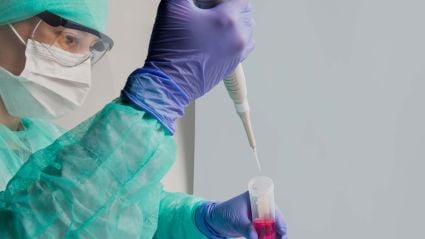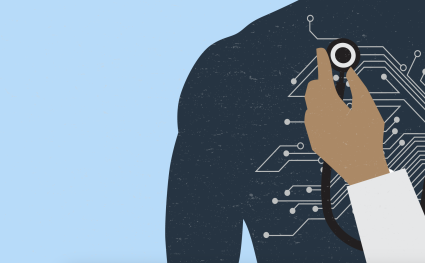
Systems Change in Science and Health
Overview
Science needs strategic funding, collaboration, interdisciplinary expertise, and an understanding of how new medicines and tools go from the basic research stage, all the way through to market. Competing priorities, aversion to risk, limited funding streams, and siloed fields make the kinds of breakthroughs needed to benefit human health extraordinarily difficult to achieve.
The Milken Institute Science Philanthropy Accelerator for Research and Collaboration (SPARC) is driving field advancement that is changing scientific research and clinical care by bringing together perspectives, expertise, data, and tools to promote intentional support to create a stronger, more equitable system.
Health Equity
Health Equity
In the US, life expectancy can vary by up to 15 years based on income, education, and location. The COVID-19 pandemic and recent social justice movements have increased the focus on health inequities, underscored the importance of inclusive biomedical research, and revealed the urgent need for equitable health care access and outcomes. Unfortunately, some progress has stalled, so it is crucial for stakeholders to unite and take decisive action to prevent a negative impact on global health.
Program
Driving Health Equity in Science
The Milken Institute Science Philanthropy Accelerator for Research and Collaboration (SPARC), in partnership with the Burroughs Wellcome Fund, conducted an in-depth analysis of the inequities facing the biomedical research ecosystem, from basic research to clinical care. We examined what drives disparities and highlighted ways philanthropic attention, and investment could accelerate action around health equity research to improve care and health.

Event Sessions

Shooting for the Moon: Embracing Moonshot Philanthropy to Revolutionize Human Health
Facing any number of seemingly intractable challenges in global health—from rare diseases to infectious outbreaks—philanthropists and multisector collaborators more than ever have a critical role to play. Bold action, big ideas, and significant investment are essential to solve these issues. Enter moonshots—an approach to tackling complex issues by supporting breakthrough innovations, technologies, research, and collaborations. Hear from ultra-high-net-worth individuals and multisector collaborators who deploy their significant resources and expertise in making big bets on individual causes to generate transformational impact.

Seeding Science for Impactful Discoveries: Philanthropy’s Role in Driving Research Forward
Accounting for nearly half of the research dollars received by US academic and nonprofit research institutes, philanthropic capital has an outsized impact in scientific areas such as biomedical research, conservation, and technology innovation. These philanthropic dollars not only support research, but also accelerate timelines and improve the diversity of the scientific workforce to ensure innovations are impacting all communities. In this panel, prominent science philanthropists discuss how their dollars have been agents of discovery and development while changing what we know about ourselves and the world around us.







